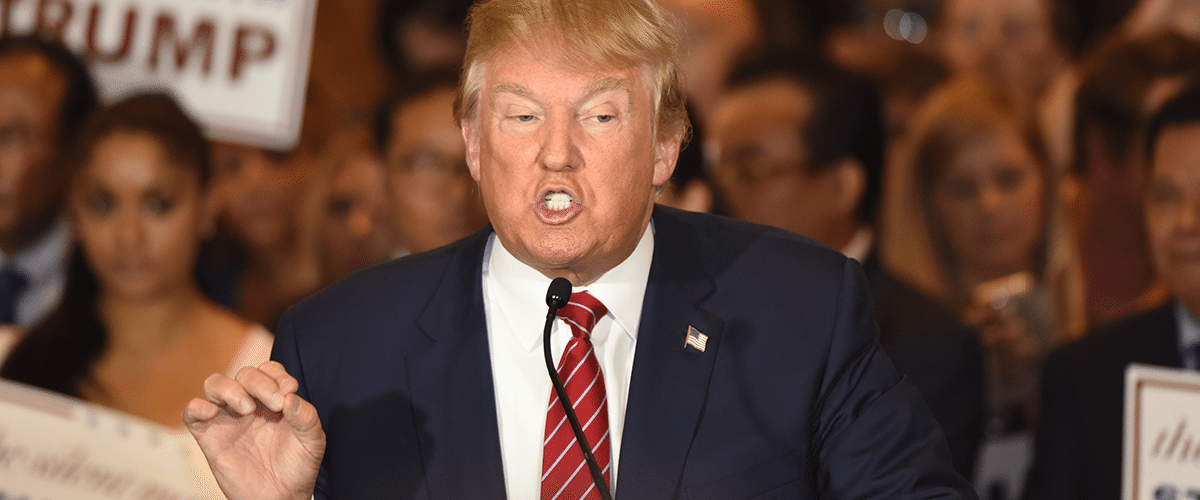[vc_row][vc_column][vc_column_text]
Even on a night where the country trended Republican and reaffirmed conservative values, nothing could slow down the expansion of cannabis legalization in the U.S.
Twenty-six percent of voters on Tuesday voted on marijuana measures (either medical or recreational), with nine states placing legalization initiative on their ballots, and 8 out of 9 states were able to pass their marijuana initiative, with only Arizona’s recreational measure failing.
Recreational marijuana has moved out of the West and now has a foothold in New England with Massachusetts and Maine becoming two of the newest adult use states. Legalization of recreational access also spread to California, making cannabis legal down the entire Pacific coast.
“If we’re successful, it’s the beginning of the end of the war on marijuana,” Gavin Newsom, the lieutenant governor of California, said of the state’s Proposition 64 before the election.
With the new states that have passed recreational laws, 1 in 5 Americans now live in states with legal cannabis. However, the control of Republicans in both the White House and Congress now creates uncertainty among states with legal marijuana.
Trump has said he supports access to medical marijuana, falling in line with nearly 90% of American voters. As a result of Tuesday’s election, there are now only 6 states in the U.S. without at least limited medical marijuana laws. [/vc_column_text][/vc_column][/vc_row][vc_row][vc_column][vc_single_image image=”17313″ img_size=”1200×250″ onclick=”custom_link” link=”https://www.medicalmarijuanainc.com/education/”][/vc_column][/vc_row][vc_row][vc_column][vc_column_text]Recreational legalization under President Trump is a bit less clear. The President elect has professed both strong opposition to recreational adult use and stated that he believes in the rights of states to decide their own policy on the matter.
During a February 2015 interview with C-SPAN, Trump voiced opposition to marijuana legalization. “I’d say [regulating marijuana] is bad,” he revealed. “Medical marijuana is another thing, but I think it’s bad and I feel strongly about that.”
At that time, however, he did support the states’ rights for legalization, stating, “If they vote for it, they vote for it. But you know, they’ve got a lot of problems going on in Colorado right now. Big problems. But I think medical marijuana, a hundred percent.”
At a political rally in October 2015, Trump confirmed, “In terms of marijuana and legalization, I think that should be a state issue, state-by-state. … Marijuana is such a big thing. I think medical should happen — right? Don’t we agree? I think so. And then I really believe we should leave it up to the states.”
More recently, during a February 2016 interview with Bill O’Reilly on The O’Reilly Factor, Trump criticized Colorado’s legalization of recreational marijuana and referred to cannabis retailers as “dealers” and “pushers.”
When asked by O’Reilly what he would do about legal marijuana states if he were elected to office, Trump said, “I would really want to think about that one, Bill. Because in some ways I think it’s good and in other ways it’s bad. I do want to see what the medical effects are. I have to see what the medical effects are and, by the way — medical marijuana, medical? I’m in favor of it a hundred percent. But what you are talking about, perhaps not. It’s causing a lot of problems out there.”
Trump has not revealed a structured plan regarding cannabis under his presidency. While he has made it clear that he is in favor of allowing states to legalize cannabis for medical purposes, his support for legalizing recreational marijuana wavered during his campaign.
Some cannabis activists are optimistic that Trump will follow Obama’s lead on marijuana in the country, but others are more concerned. While the Obama administration adopted a hands off policy for states with legalized marijuana, cannabis is still very much illegal at the federal level.
The Drug Policy Alliance’s executive director Ethan Nadelmann remarked, “I don’t think we’re going to have quite the same green light coming out of the new administration,” in discussing the new Republican White House.
The decision of the Trump administration to reverse direction on marijuana policy would severely affect the industry’s current course of expansion.
“It could have a chilling effect on the willingness of states to move forward with the creation of these systems,” said John Hudak, a senior fellow at the Brookings Institution. “It could also have a pretty chilling effect on investment in marijuana businesses.”
It is not just a Trump presidency that cannabis advocates fear; it is also the likely appointees to his cabinet that worries the industry. Many of the politicians linked to Trump have been historically against marijuana legalization. [/vc_column_text][/vc_column][/vc_row][vc_row][vc_column][vc_single_image image=”17320″ img_size=”1200×250″ onclick=”custom_link” link=”https://www.medicalmarijuanainc.com/majority-americans-believe-not-worth-cost-enforce-marijuana-prohibition-poll-finds/”][/vc_column][/vc_row][vc_row][vc_column][vc_column_text]“The prospect of Donald Trump as our next president concerns me deeply,” said Nadelmann. “His most likely appointees to senior law enforcement positions — Rudy Giuliani and Chris Christie — are no friends of marijuana reform, nor is his vice president.”
Many pundits and cannabis activists, however, see it as unlikely Trump will go after the marijuana industry. Not only would it go against the majority of voters, it would sacrifice billions in potential tax revenue. With the combined medical and recreational markets in California alone estimated as high as $10 billion and a billion or more in taxes made available, it will be difficult for conservative politicians to turn away from legalized cannabis and its continued expansion into new states.
Learn more about the results of the recent election by visiting our news feed.[/vc_column_text][/vc_column][/vc_row]






